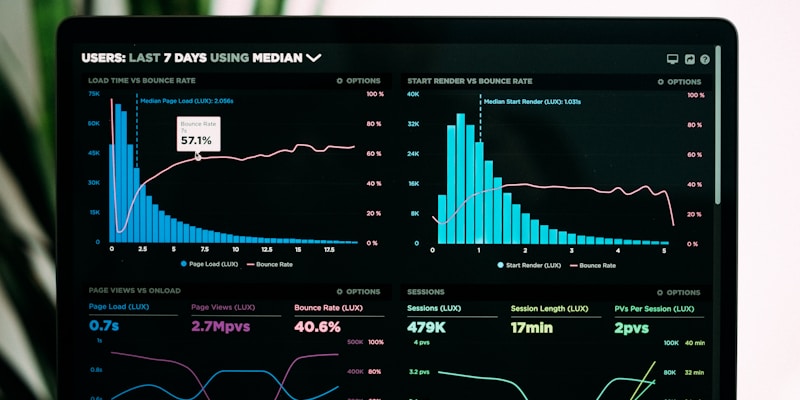When Astro Deployments Go to Hell
Your Astro site worked flawlessly for months in development, then you deploy to production and everything breaks.
The build crashes with cryptic memory errors, Server Islands return 404s, or the site loads but looks like someone threw CSS into a blender.I spent 6 hours last Tuesday debugging why a perfectly working Astro site returned blank pages in production. The issue? A fucking typo in the adapter configuration that only manifested in Vercel's edge environment. Development server didn't give a shit, deployed fine, but users saw nothing.Here's what kills Astro deployments, ranked by how much sleep they'll cost you:Memory exhaustion during build
- GitHub issue #10485 shows this isn't getting fixed. 2000+ markdown files = instant death. `FATAL ERROR:
Reached heap limit Allocation failedwhen Node.js chokes on your content directory.Solution:NODE_OPTIONS=--max-old-space-size=8192` and pray.
Sometimes 8GB isn't enough. Sometimes 16GB isn't enough. Nobody knows why.Server Islands = Production Nightmare
- Issue #12803 from December 2024 is still killing deployments.
Works perfectly in dev, builds without errors, deploys successfully, then returns 404s for _server-islands routes.Vercel's edge function routing just doesn't register them. Eight months later, no fix. Workaround: don't use Server Islands if you want to ship.Random Cache Corruption
- Different Node versions between environments fuck everything up.
Local build uses Node 18, CI uses Node 20, module resolution breaks in ways that make no technical sense.rm -rf node_modules && npm install fixes it 60% of the time. The other 40% you rebuild your entire CI pipeline.The pattern is predictable: works locally → deploys without errors → broken in production.
Every. Fucking. Time. The deployment succeeds but your site is dead, and you're left crawling through GitHub issues at 2am trying to figure out what went wrong.
- Works in dev, breaks in production. Issue #12803 explains it but offers no fix.
Environment variables randomly disappear between preview and production for reasons nobody understands.Netlify Timeout Hell
- 15-minute build limit hits you when processing thousands of markdown files. Image optimization just gives up and times out. No warning, no partial success, just "build failed" after 14 minutes and 59 seconds.The @astrojs/netlify adapter documentation lies about edge function configuration.
What they say works doesn't work.Docker Memory Death Spiral
- Container limits kill builds when Node.js eats everything. You allocate 4GB, build needs 6GB. Allocate 8GB, somehow it needs 12GB. Node version differences between local and container break dependency resolution in creative ways.Static Hosting Route Fuckery
- Client-side routing doesn't work on CDNs without server-side fallbacks.
Your site loads, links don't work, users get 404s on refresh. Base URL config breaks in subdirectories for reasons that make no sense.The real problem: Astro's dev server lies to you about production.
Works perfectly locally, explodes with real server constraints.Cost Reality Check: Vercel's free tier works until you get traffic, then it's $200/month.
Railway starts at $5, somehow becomes $47/month because memory usage is magic. AWS costs whatever Amazon feels like charging that month.Had a client's "simple blog" cost $180/month on Vercel because Next.js can't handle traffic spikes without dying. Same site on Astro + Cloudflare Pages: $0/month and faster.Always deploy to staging first. Production will find new ways to break that staging never imagined.
 ---import heroImage from '../images/hero.jpg';---
---import heroImage from '../images/hero.jpg';---